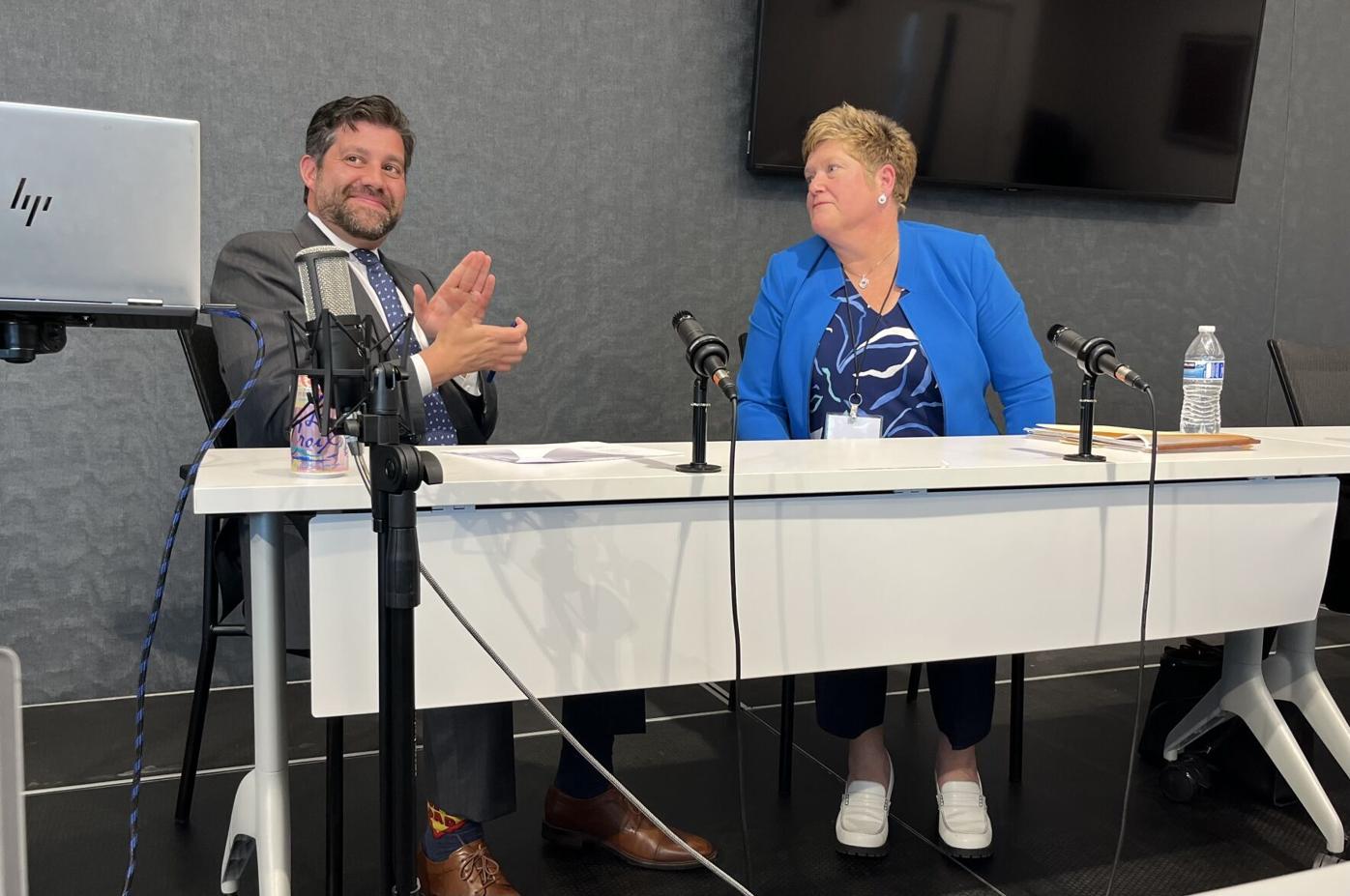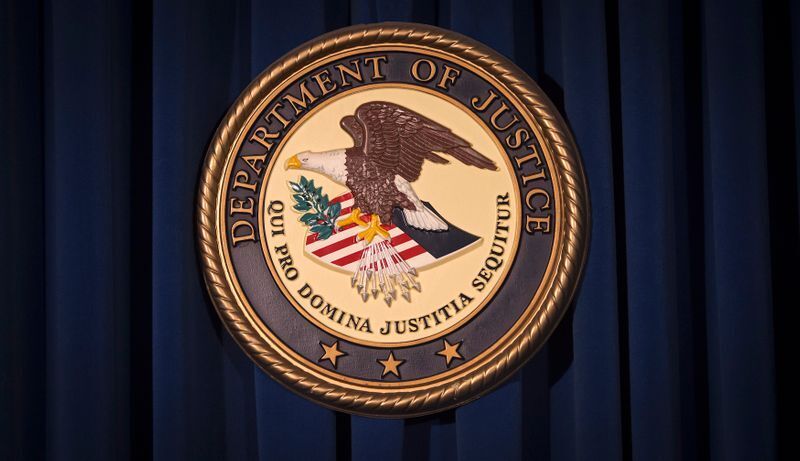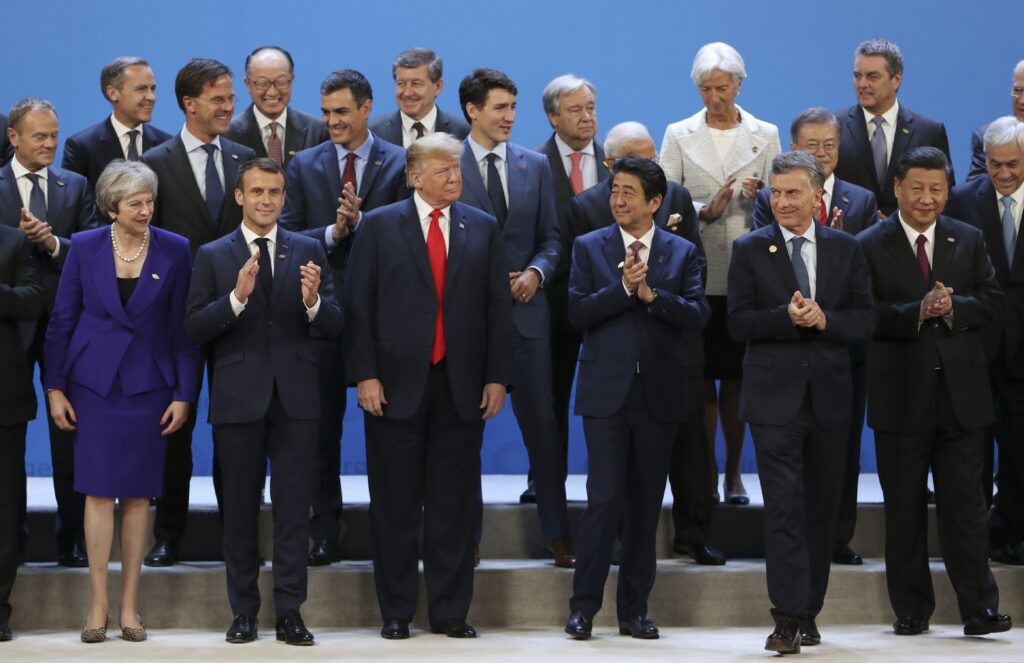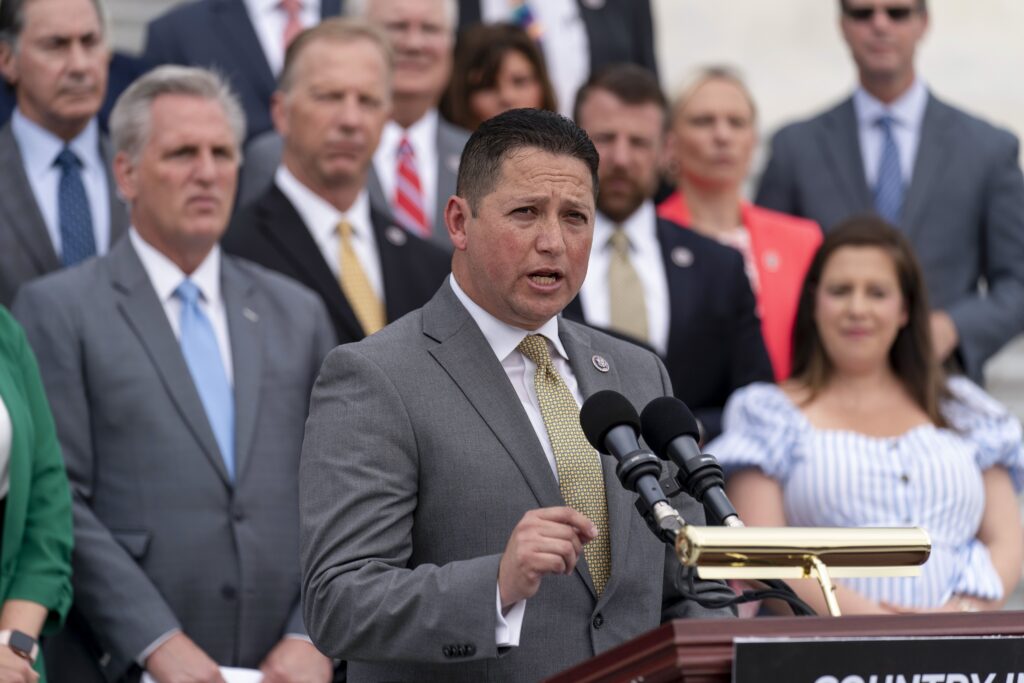Judge reluctantly lets appeal proceed in case of prisoner who missed SCOTUS deadline due to library closure

Michael Karlik michael.karlik@coloradopolitics.com
A federal judge on Wednesday declined to let a jury trial proceed as scheduled and instead opted to let the Denver-based federal appeals court decide if two prison employees have immunity in an incarcerated man’s constitutional rights lawsuit.
U.S. District Court Judge Charlotte N. Sweeney previously ruled a jury should decide if law librarian Yvette Brown violated Bernard Jones’ right to access the courts by closing the prison library the day Jones’ appeal to the U.S. Supreme Court was due, preventing him from filing it. Sweeney also believed jurors needed to answer whether case manager Kristi Moore transferred Jones to another prison because he complained about Brown.
After Brown and Moore appealed Sweeney’s ruling to the U.S. Court of Appeals for the 10th Circuit, Jones asked her to deem the appeal “frivolous.” The move would enable Sweeney to retain control of the case and proceed to trial, even while the appeal continued separately.
In a March 19 order, Sweeney declined Jones’ request, even as she reiterated her belief that the case should go to trial.
“Given the weakness of Defendants’ arguments,” she wrote, “the Court doubts their likelihood of success on appeal.”

Attorney David Gartenberg applauds for U.S. District Court Judge Charlotte N. Sweeney at a legal event in Denver on July 21, 2023.
Jones had unsuccessfully challenged his state court convictions and proceeded to file a habeas corpus petition in federal court, an avenue available when a conviction violates federal law. A trial judge concluded the state courts had reasonably denied Jones’ ineffective assistance claims, a ruling the 10th Circuit upheld in late 2018.
Finally, Jones sought to appeal to the Supreme Court. He filed a petition with the court in early 2019, but the court notified him of several deficiencies. It gave him until May 16 to submit a corrected appeal.
Although Jones spent many hours in the law library working on the petition and had scheduled a May 16 visit with the other librarian, Brown closed the library during the entirety of that day. Consequently, Jones missed his deadline with the Supreme Court.
Days later, Jones submitted grievances about Brown touching on the closure and also about her qualifications. Moore then began the process to transfer Jones to another prison on the grounds that he “made law library staff uncomfortable and administration would like for him to have a change in scenery.”
In October, after both sides moved to end the case in their favor without a trial, Sweeney concluded a jury trial was necessary to resolve key facts. As for Jones’ claim that Brown denied him access to the court, Sweeney found evidence both supported and undermined the assertion that Brown knew about the Supreme Court deadline. For Moore, Sweeney also concluded it was unclear whether the transfer occurred out of retaliation for Jones’ complaints.
Based on the defendants’ relatively short arguments, Sweeney found they were not entitled to qualified immunity, which is a judicial doctrine shielding government employees from civil lawsuits unless they violate a person’s clear legal rights. Brown and Moore immediately appealed her ruling, which defendants are permitted to do when a judge denies qualified immunity.

The Byron White U.S. Courthouse in Denver, which is home to the U.S. Court of Appeals for the 10th Circuit.
However, Jones asked Sweeney to deem the appeal frivolous, enabling her to retain jurisdiction over the case and proceed to trial. Jones’ lawyers argued the defendants’ appeal necessarily challenged Sweeney’s interpretation of the facts. The 10th Circuit, meanwhile, could only address questions of law in the appeal.
The defendants maintained their appeal was actually about Sweeney’s application of Supreme Court precedent to the denial-of-access claim and their belief that Jones’ existing evidence could not satisfy the legal components of his retaliation claim.
The defendants cited a recent case in which a college student sued a Fort Collins police officer for slamming her to the ground and U.S. District Court Senior Judge William J. Martínez denied qualified immunity. After the officer appealed to the 10th Circuit, Martínez deemed the appeal frivolous and refused to derail the trial.
However, Martínez eventually backed down and vacated the jury trial, noting it would be “more efficient with respect to the public’s time and pocketbook” for the 10th Circuit to decide the appeal first. The circuit eventually reversed Martínez’s original decision and granted the defendant qualified immunity.
Sweeney noted that example “highlights the risk of proceeding to trial” while an appeal is pending. She also quoted from another case in which a judge did “not wish to foment the chaos that ensues when two courts assert jurisdiction over a case at the same time.”
“Defendants made a shockingly weak attempt at arguing that they are entitled to qualified immunity,” Sweeney wrote. Moreover, from a “practical standpoint, this case has been pending for far too long.” Nevertheless, because there was a possibility the 10th Circuit would reverse her and because the defendants’ arguments were not completely meritless, Sweeney opted to vacate the jury trial scheduled for May.
She added she would “set a trial posthaste” on the nearly 4-year-old case if the 10th Circuit upholds her decision.
The case is Jones v. Brown et al.

















